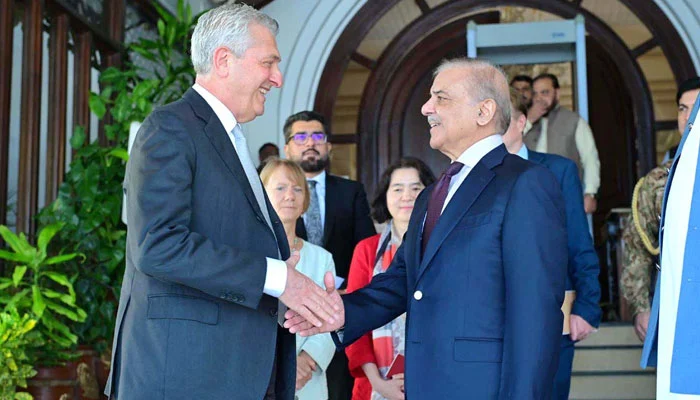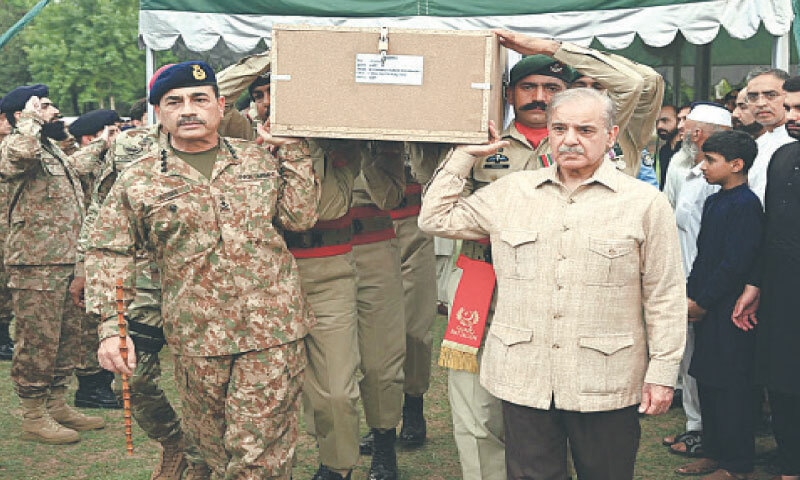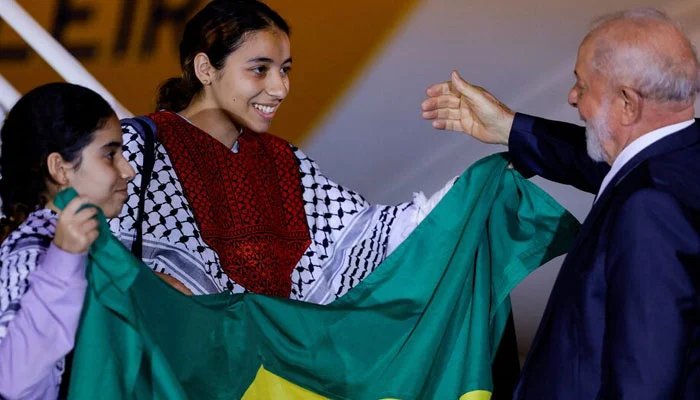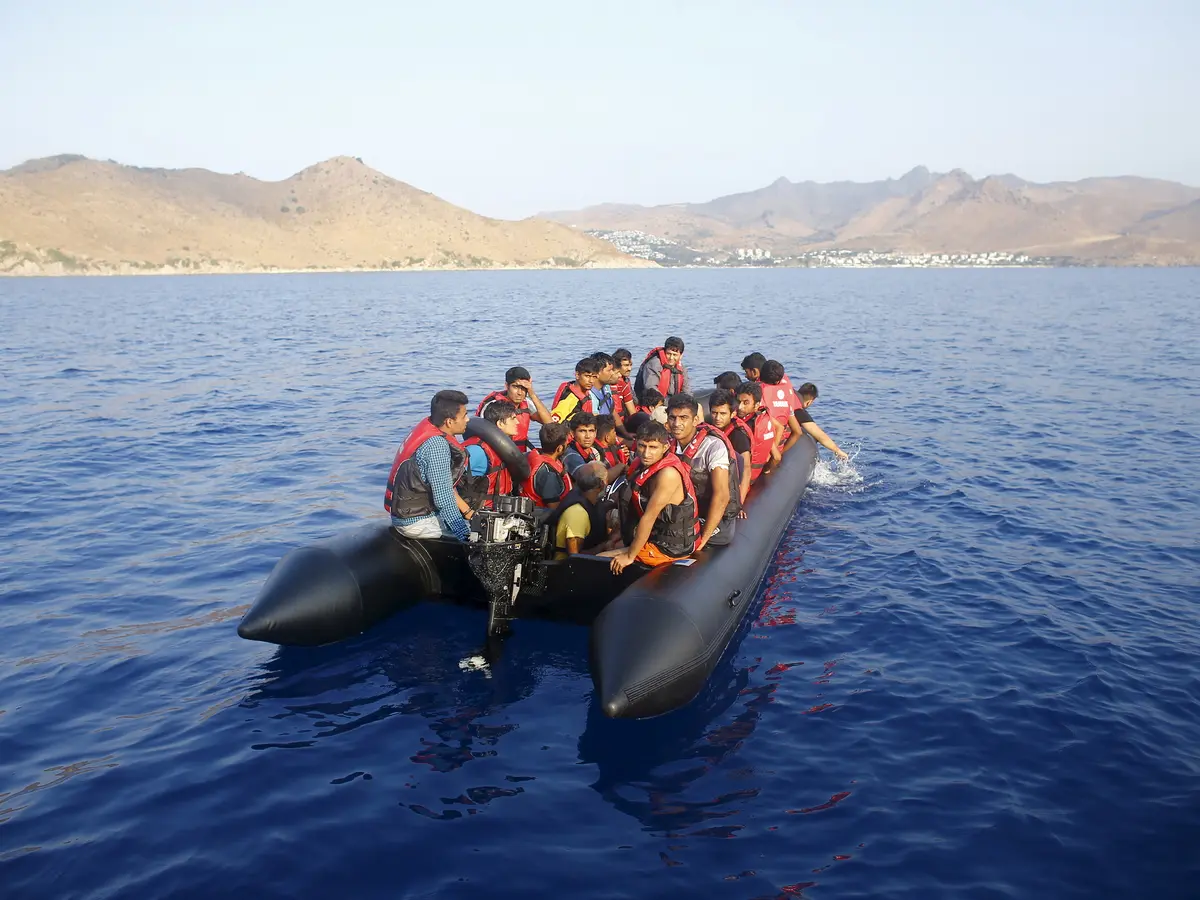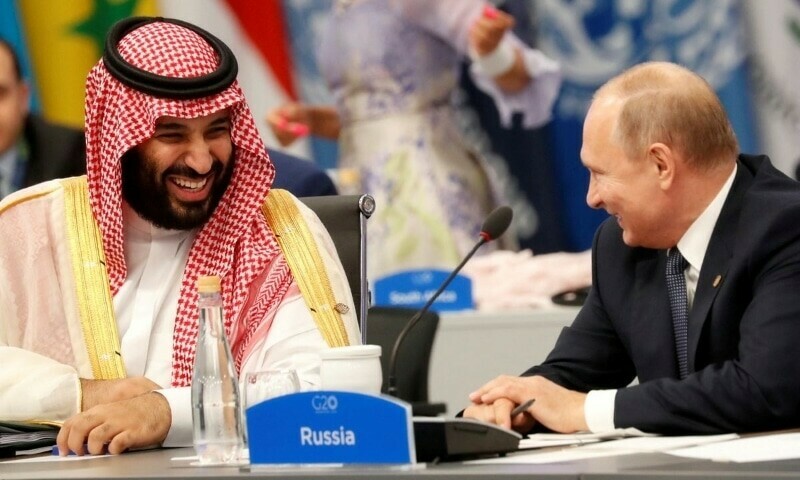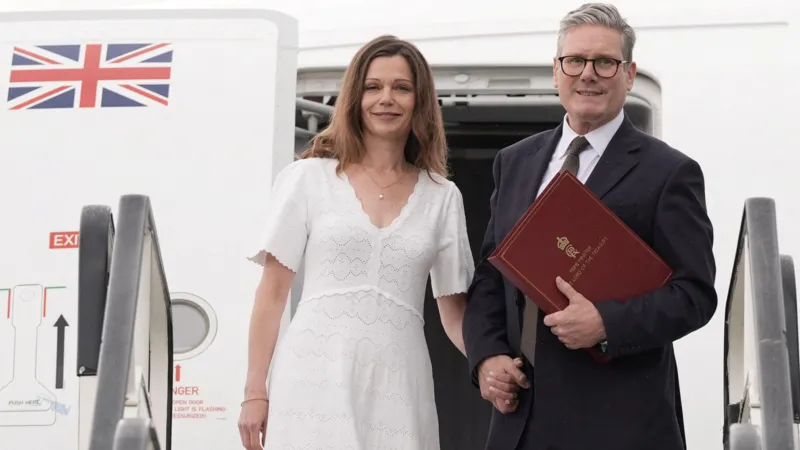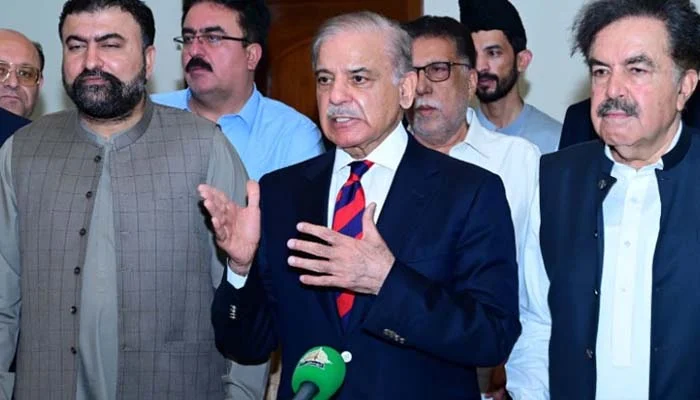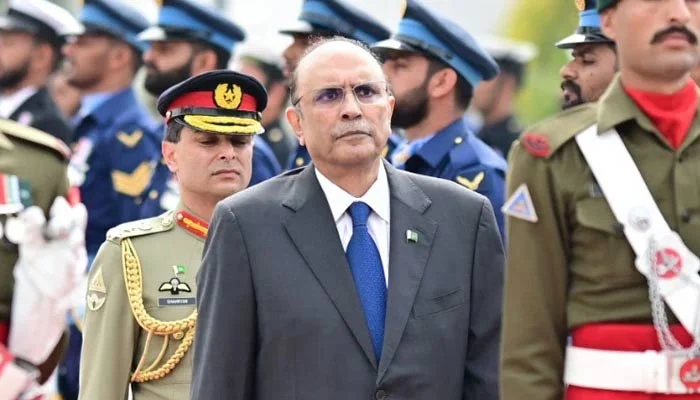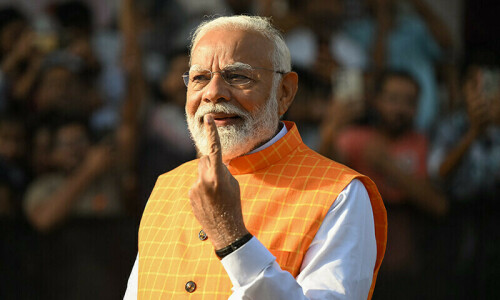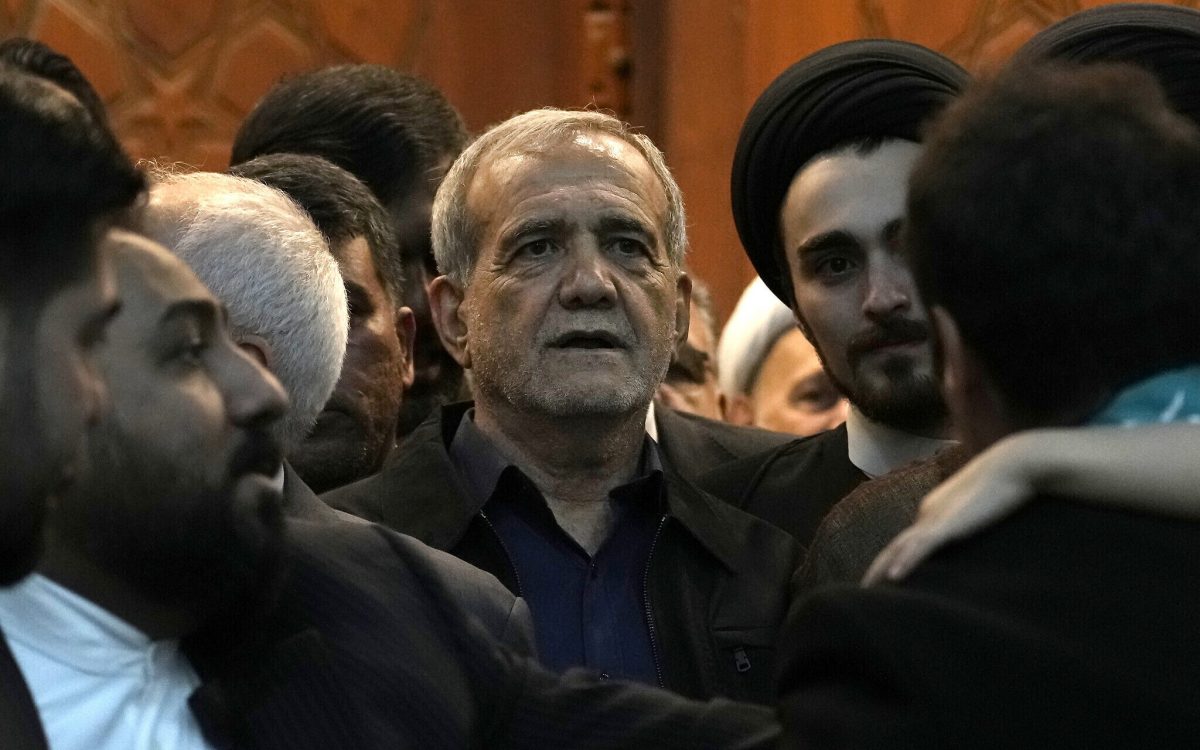QUETTA: Lamenting that the burden of debt has mortgaged the future of nation’s generations, Prime Minister Shehbaz Sharif has said it will be a matter of great shame if Pakistan has to once again return to the International Monetary Fund (IMF) for another loan after three years.
“To free ourselves from this cycle of debt, the federal and provincial governments, along with the relevant institutions, must work together,” the premier said while addressing a signing ceremony to launch a significant initiative aimed at the solarisation of agricultural tube wells in Balochistan on Monday.
“If we make this collective effort, future generations will be grateful. However, if we fail to make tough decisions, we will find ourselves seeking assistance from the IMF once again,” the PM, who was on a daylong visit to Quetta, said.
Pakistan is looking to strike a staff-level deal on an IMF bailout of more than $6 billion this month after addressing all of the Washington-based lender’s requirements in its annual budget.
Moreover, the country’s debt has soared since the mid-2000s, as authorities failed to invest a gusher of loans from international bondholders and countries including China and Gulf nations into productive, export-oriented sectors.
Minister for Finance Muhammad Aurangzeb warned on Sunday that Pakistan would continue to seek the IMF bailouts “if it fails to boost tax revenue”.
The finance czar said that he was “relatively confident” of reaching a staff-level agreement with the global lender this month for an estimated loan of $6 to $8 billion.
“But it will not be our last Fund programme if we don’t bring our tax revenues up,” said the finance minister while speaking during an interview with the Financial Times.
The federal government presented the tax-loaded Rs18.877 trillion budget for the fiscal year 2024-25 (FY25) last month, aimed at shoring up public revenue and satisfying the IMF, which has repeatedly demanded improved tax collection.
The budget aims to raise Rs13 trillion by next July, a roughly 40% increase from the current financial year, to bring down a ruinous debt burden that has caused 57% of government revenue to be swallowed by interest payments.
Maintaining that turning to the IMF was a necessity, the PM Shehbaz said Pakistan had to finalise a deal with the IMF this month.
“Tomorrow in Islamabad, I will discuss measures to provide relief to the poor. The federal government stands with Balochistan in its development and prosperity. We will embrace anyone who genuinely cares for the well-being of Balochistan and Pakistan.”
PM Shehbaz further said that security and maintenance of law and order were imperative for investment to flow into Balochistan and Khyber Pakhtunkhwa.
Regarding Gwadar, he said: “I am not complaining, but the Safe City project there has been halted. Gwadar, by the grace of God, will prove to be more beneficial than the Reko Diq mines. We are committed to transforming Gwadar into a magnificent port. Together, we will eradicate the scourge of terrorism.”
Solarisation of tube wells in Balochistan
The solarisation of agricultural tube wells in Balochistan, the premier said, was part of the broader government efforts to address the economic challenges facing Pakistan and to promote sustainable development in the region.
“The government is commitment to economic reforms, security, and development, particularly in the underserved regions of Balochistan and Khyber Pakhtunkhwa,” the PM added.
During the ceremony, the prime minister oversaw the signing of the agreement between the federal and the Balochistan governments in Quetta. Federal ministers, the governor and the chief minister of Balochistan, and members of the provincial cabinet were also present on the occasion.
Speaking on the occasion, PM Shehbaz said the federal government in cooperation with the Balochistan government would shift around 28,000 agricultural tube wells of the province from electricity to solar energy.
He said the total cost of “this project is Rs55 billion and its 70% will be provided by the federal government”, while the rest by the Balochistan government.
Premier Shehbaz said that Balochistan Chief Minister Mir Sarfaraz Bugti had assured that the solarisation of tube wells would be completed in three months and it would help save around Rs90 billion annually.
“In the next phase, we are going for the solarisation of 1 million agricultural tube wells across the country, saving $3.5 billion, being spent on imported fuel every year,” the PM added.
He also said a 10% quota had been earmarked for the students of Balochistan, who would be sent to China at government expense for the latest professional training in the agriculture sector.
Similarly, a 10% quota has been reserved for the students of Balochistan to get training in the field of Information Technology under the Chinese company Huawei, the premier said adding that funds had been allocated in the federal budget for the establishment of Danish Schools in Balochistan.
He expressed the hope that Balochistan Governor Sheikh Jaffar Khan Mandokhail, CM Bugti, and the entire provincial cabinet would continue playing their due role for the development and prosperity of the province.
Meanwhile, Governor Mandokhail met with the Prime Minister, discussing the conversion of the province’s tube wells to solar power, party matters, and other mutual interests.
The governor expressed gratitude to the Prime Minister for his special interest in the province’s development and prosperity. Both leaders agreed to further strengthen and enhance the relationship between the federal and provincial governments.


